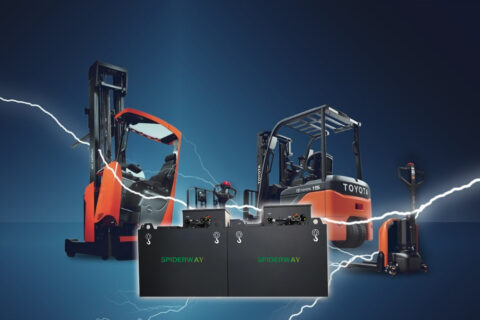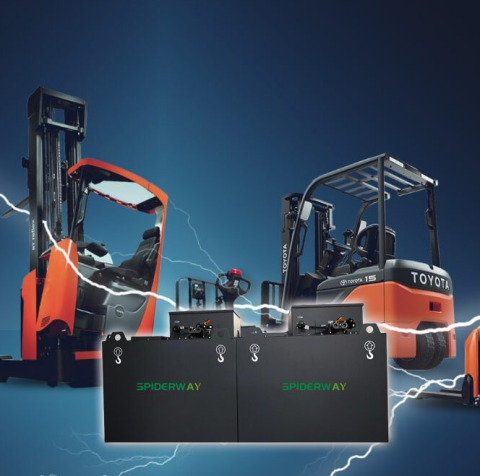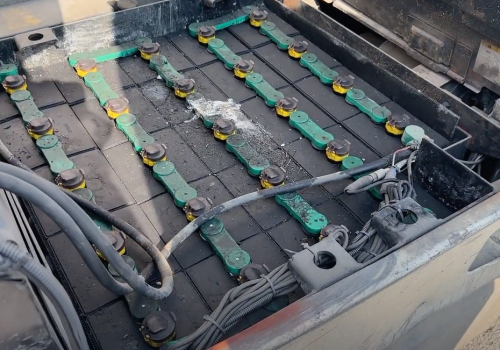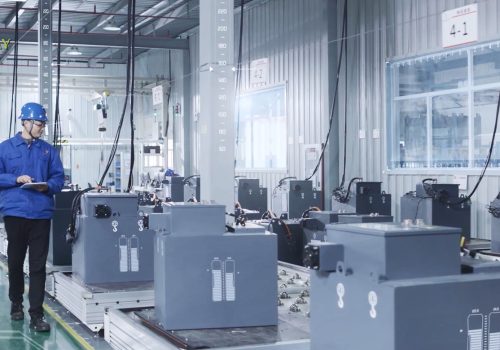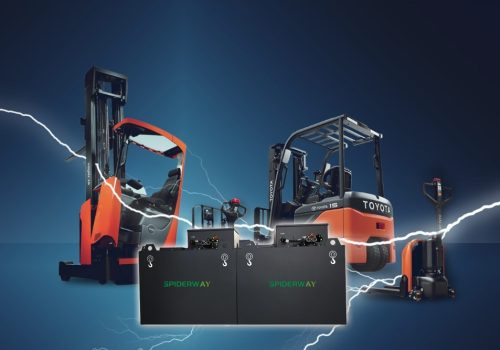
Operational Cost Breakdown
Initial Investment
While fuel forklifts have an advantage in terms of initial investment, costing significantly less upfront, the total cost of ownership over time can be higher due to the need for continuous fueling and more frequent maintenance. For instance, a 3-ton diesel forklift may cost around $15,000 initially, whereas an electric counterpart could cost approximately $25,000.
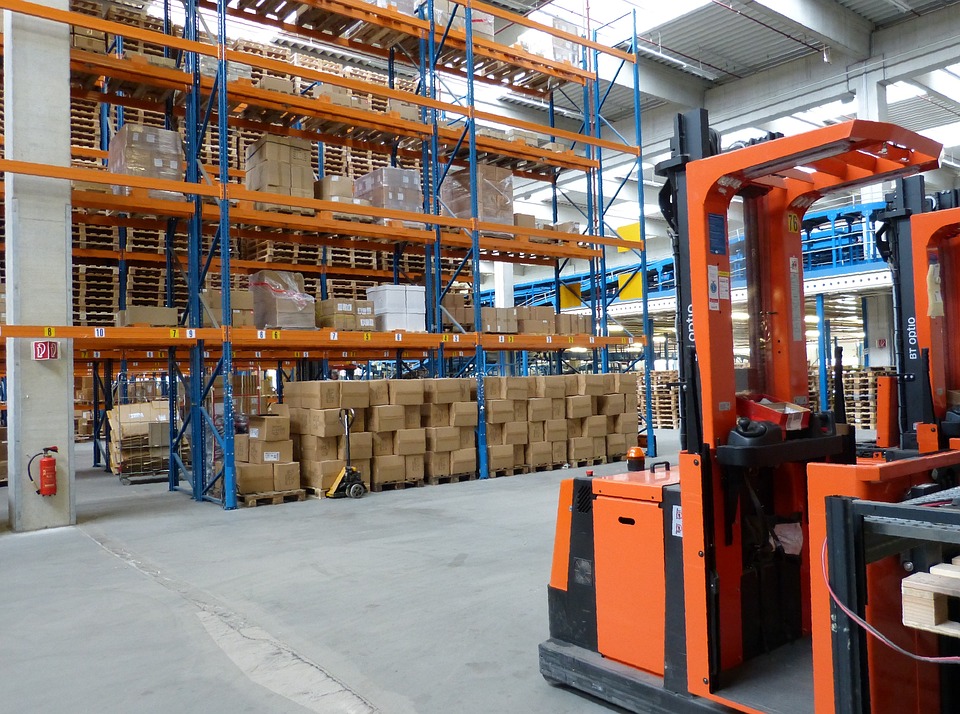
Fuel and Energy Costs
Energy costs are where electric vehicles (EVs) excel. A 3-ton electric forklift consumes around 6.6 kWh per hour, with electricity priced at an average of $0.12 per kWh, leading to an hourly energy cost of $0.792. Comparatively, a diesel forklift with an hourly fuel consumption of 21.9 liters, at an average diesel price of $1.50 per liter, results in an hourly fuel cost of $32.85. Over time, this difference in operational expenditure becomes substantial.
Maintenance and Repairs
Maintenance for electric forklifts is generally less frequent and less costly due to fewer moving parts. The annual maintenance cost for an electric forklift is estimated to be around $500, whereas for a diesel forklift, it can be upwards of $1,500 annually, considering oil changes, filter replacements, and engine maintenance.
Spiderway Industrial Vehicle Lithium Batteries
Spiderway is at the forefront of providing lithium batteries for industrial vehicles, offering a range of benefits that enhance the operational efficiency and environmental sustainability of material handling operations. Their lithium batteries are designed to deliver higher energy density, longer service life, and lower maintenance requirements compared to traditional lead-acid batteries. With the ability to recharge quickly and efficiently, Spiderway batteries ensure that your electric forklifts spend more time working and less time idle.
- 48V 304AH LiFePO4 lithium battery for KOMATSU Forklift FB20-12 Type
- Product on sale48V 404Ah LiFePO4 lithium battery for LIUGONG forkliftOriginal price was: $5,399.00.$5,318.00Current price is: $5,318.00.
- Product on sale48V 606Ah LiFePO4 lithium battery for HELI forkliftOriginal price was: $7,999.00.$7,978.00Current price is: $7,978.00.
- Product on sale
 80V 404Ah LiFePO4 lithium battery for HELI K2 3.5T forkliftOriginal price was: $8,399.00.$8,310.00Current price is: $8,310.00.
80V 404Ah LiFePO4 lithium battery for HELI K2 3.5T forkliftOriginal price was: $8,399.00.$8,310.00Current price is: $8,310.00. - Product on sale
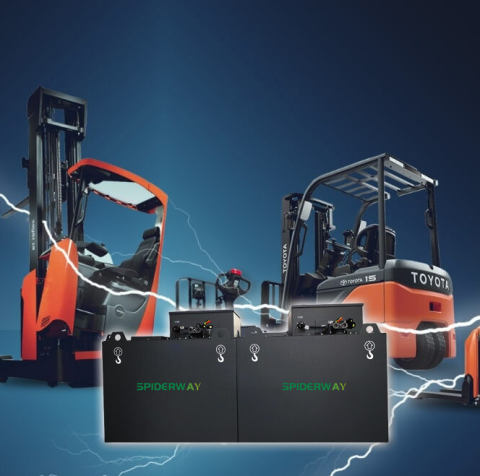 48V 404Ah LiFePO4 lithium battery for LIUGONG 2.5TforkliftOriginal price was: $5,399.00.$5,318.00Current price is: $5,318.00.
48V 404Ah LiFePO4 lithium battery for LIUGONG 2.5TforkliftOriginal price was: $5,399.00.$5,318.00Current price is: $5,318.00. - Product on sale
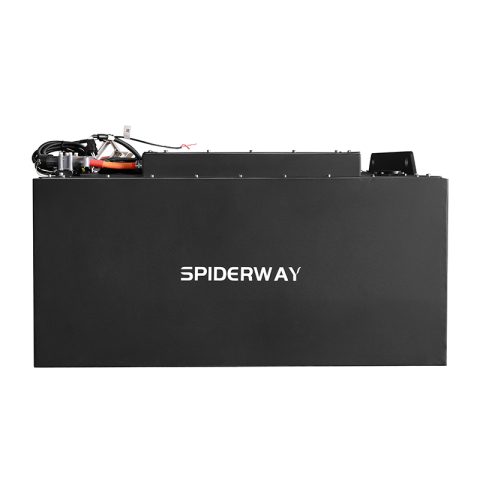 80V 544Ah LiFePO4 lithium battery for TOYOTA forkliftOriginal price was: $11,199.00.$11,190.00Current price is: $11,190.00.
80V 544Ah LiFePO4 lithium battery for TOYOTA forkliftOriginal price was: $11,199.00.$11,190.00Current price is: $11,190.00. - Product on sale
 48V 272Ah LiFePO4 lithium battery for LIUGONG forkliftOriginal price was: $3,599.00.$3,581.00Current price is: $3,581.00.
48V 272Ah LiFePO4 lithium battery for LIUGONG forkliftOriginal price was: $3,599.00.$3,581.00Current price is: $3,581.00. - Product on sale
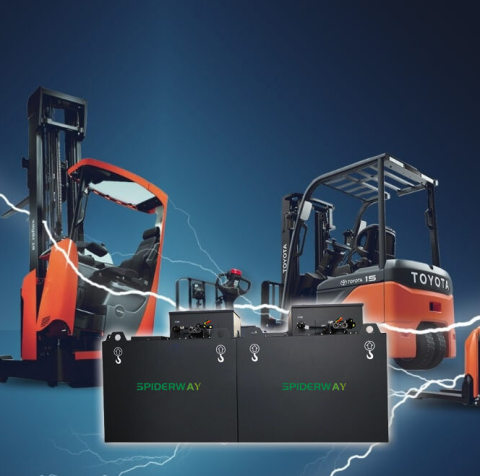 24V 202Ah LiFePO4 lithium battery for LINDE T20 forkliftOriginal price was: $1,399.00.$1,329.00Current price is: $1,329.00.
24V 202Ah LiFePO4 lithium battery for LINDE T20 forkliftOriginal price was: $1,399.00.$1,329.00Current price is: $1,329.00. - Product on sale
 48V 544Ah LiFePO4 lithium battery for HELI CPD20-F1 forkliftOriginal price was: $7,199.00.$7,162.00Current price is: $7,162.00.
48V 544Ah LiFePO4 lithium battery for HELI CPD20-F1 forkliftOriginal price was: $7,199.00.$7,162.00Current price is: $7,162.00.
The adoption of Spiderway’s lithium batteries in electric forklifts further reduces the total operational costs, offering a compelling case for businesses looking to transition from fuel forklifts. Not only do these batteries contribute to lower energy expenses, but they also align with the growing demand for eco-friendly solutions in the industry.
Conclusion: Making the Right Choice When considering the initial and long-term costs, environmental impact, and regulatory compliance, lithium battery EVs emerge as a strategic investment. The choice to adopt electric forklifts equipped with advanced lithium batteries like those from Spiderway. By integrating this technology, businesses can ensure they are future-proofing their operations while also benefiting from the immediate and long-term cost savings.

